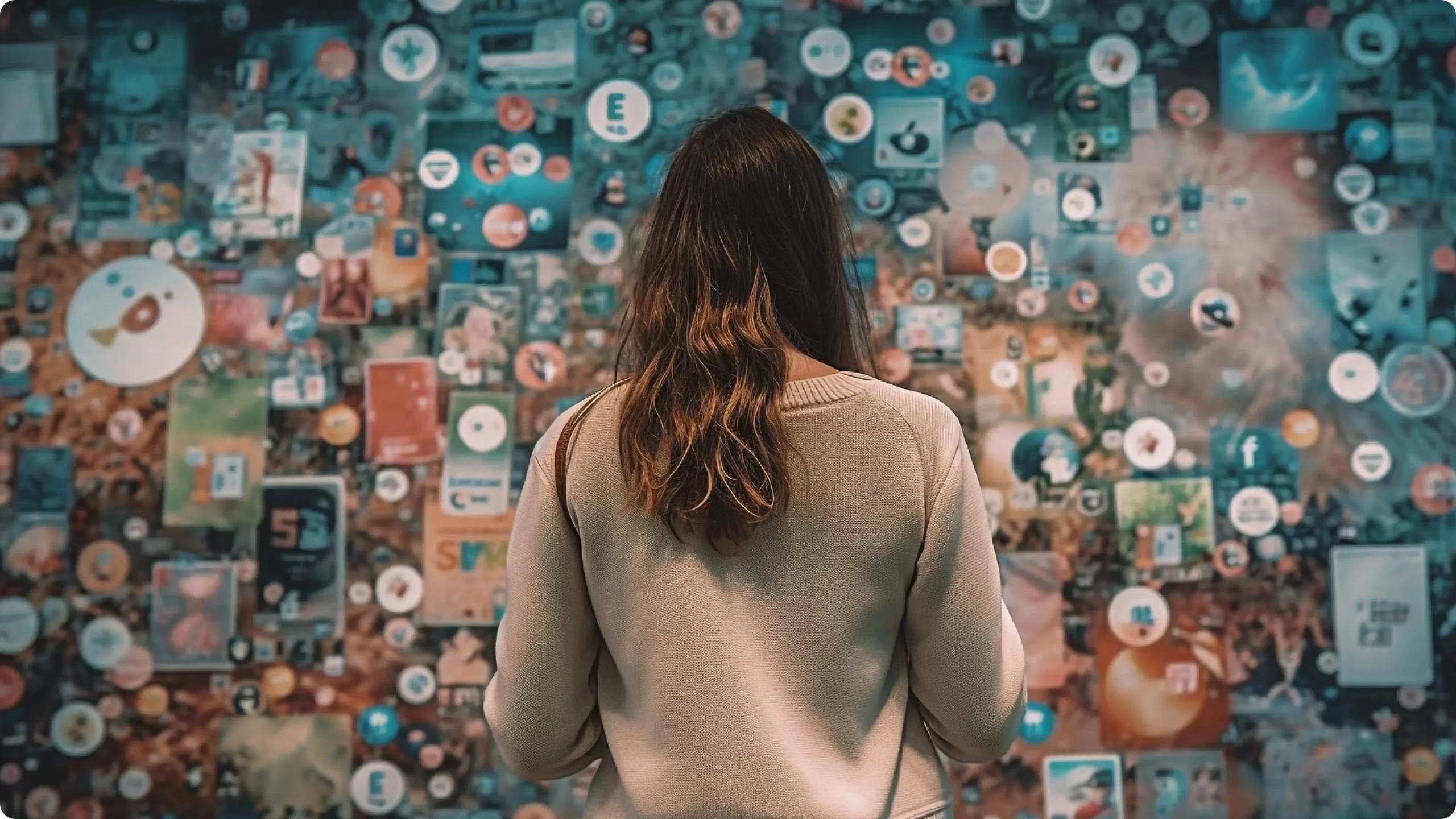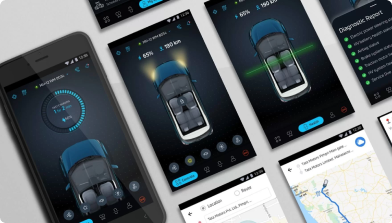
We have been resorting to automation to improve the working conditions and lifestyles of people, doing more so since the industrial revolution. In the industrial revolution, physical tasks were getting replaced by machines (automation). Tasks like picking up material, pulling heavy loads, and precise machining done on materials. With the advent of the computer and information technology revolution, computers are now doing tasks that would normally be done by the human brain.
We use calculators for arithmetic…
We dial NAMES, not numbers anymore…
We punch in routes in a Navigator to go places, sometimes places we visit often…
Humans are increasingly relying on technology to do mental tasks- posing some interesting questions:
- How beneficial it is to have these tasks done by computers?
- Is this hampering our ability to use the brain?
- If the brain is not doing these tasks anymore (like remember the product of 17 times 8; remember your friends’ number), is it being used for remembering something else?
- Are we losing the touch – or is it that we are using our brains for ‘some higher function’ as some people would claim?
- Are our brains ‘progressing’ to advanced functions?
- What functions should be allocated to the human (brain) vs. machine (logic)?
In Human Factors terms I see this as a classic function allocation issue. True, computers can do a better job at calculations, remembering things, sending alerts at the appropriate time and many more. But, is this leading to something that we haven’t accounted for?
Psychologists have done studies on the increasing use of technology and found that while we rely on technology to do simple tasks, it affects by reducing the declarative memory, and they claim that our minds are getting lazy. Dependence on search engines is making us poor thinkers. Multi-tasking lessens our ability to focus on what is relevant, and rewires the brain to make us shallow thinkers. To fill our minds we watch TV, news, get information or hang out on social networking sites watching what other people are doing.
To quote Dr. Sandra Bond Chapman, who is the founder and chief director for the Center for Brain Health in Dallas: “It’s really keeping us at this distracted level, so everything that we’re thinking about tends to be quicker, less synthesized, and that’s what’s making us dumber.”
Here is an article you might be interested in. Reshaping the interaction in humans & technology
Amplify your brand presence with the best UX design studio that truly aligns your needs with those of your consumers! Get in touch with us at YUJ Designs, today!






